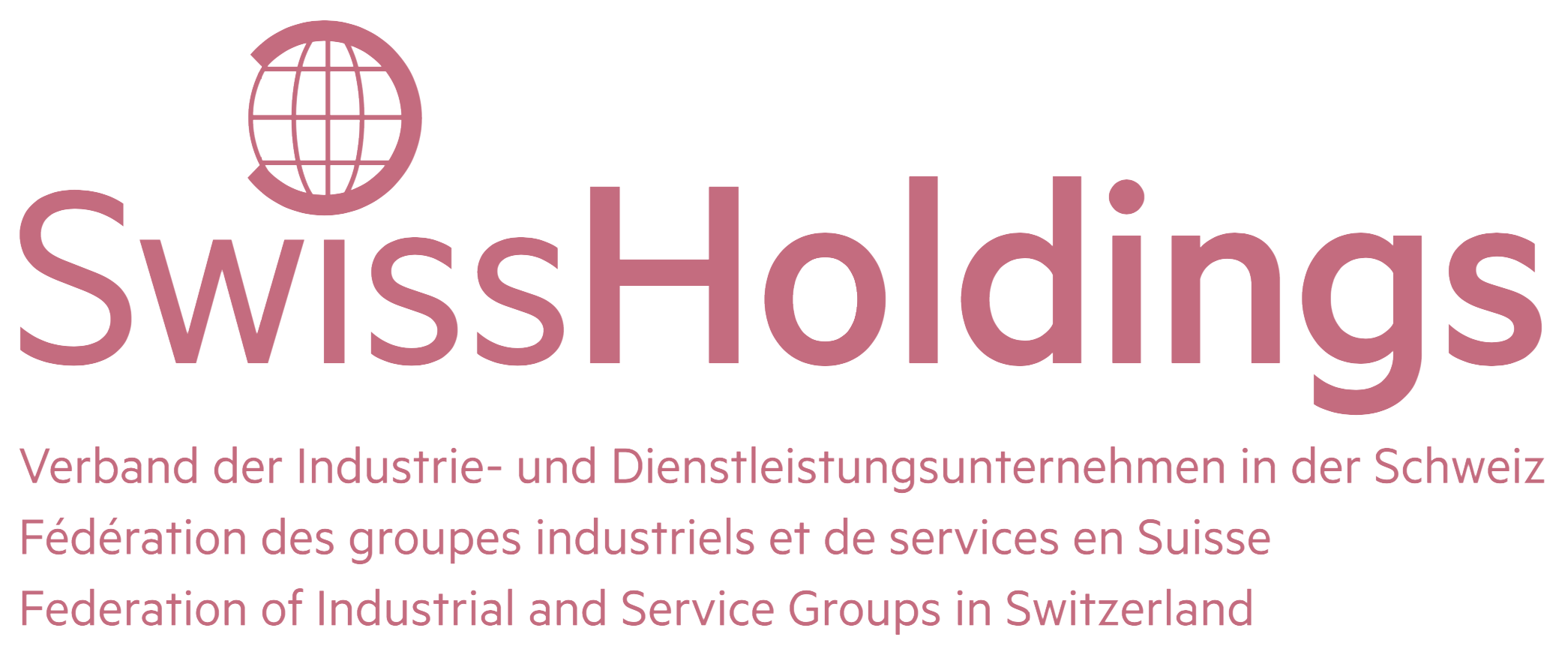SwissHoldings, the Swiss Federation of Industrial and Services Groups in Switzerland, represents 61 Swiss groups, including most of the country’s major industrial and commercial enterprises. We very much welcome the opportunity to provide comments to this Exposure Draft (ED). Our detailed response (in the appendix) has been prepared in conjunction with our member companies.
The temporary exemption for the application of IAS 12 in respect of the Pillar Two requirements is a welcome and necessary step. We agree with the IASB’s thinking and conclusion on this.
On the other hand, the disclosure requirements in the ED will be misleading to readers and commercially damaging to companies. Readers are given a picture of the impact of the Pillar Two requirements which is knowingly incomplete and inaccurate. Moreover they create many precedents, by requiring disclosure in financial statements of legislative developments and the provision of financial information that is not relevant to the current year results, but which is rather designed to allow forward-looking modelling of future events. These requirements should be deleted in their entirety, and companies should rather be encouraged to discuss the impact of the Pillar Two requirements in their Management Discussion & Analysis.
We would also like to highlight that the Financial Accounting Standards Board (FASB) issued a tentative decision on 1 February 2023 that the Pillar Two minimum tax is an alternative minimum tax per ASC 740 and therefore the existing requirements of ASC 740 would apply without additional burden to companies. We believe there is little benefit in the IASB developing different solutions to this topic compared to the FASB. We do not see why readers of IFRS financial statements require these additional disclosures described in the ED, while apparently readers of US GAAP financial statements do not need them. In addition to that, the FASB clarified that under the existing ASC 740 rules for deferred tax balance recognition and measurement, deferred tax balances would not be recognized or adjusted for the effect of OECD Pillar Two global minimum taxes. We would encourage the IASB considering this FASB approach for deferred tax balance recognition and measurement when it develops a framework for deferred tax accounting for the Pillar Two global minimum taxes that would supersede the temporary exception of pp4A and pp88A.
We would remind the IASB that in Switzerland, and many other jurisdictions, listed companies have the option to apply local GAAP or US GAAP instead of IFRS. The issuing of misleading and commercially damaging disclosure requirements, is not conducive to the wider adoption of IFRS.
Download full comment letter [pdf]

